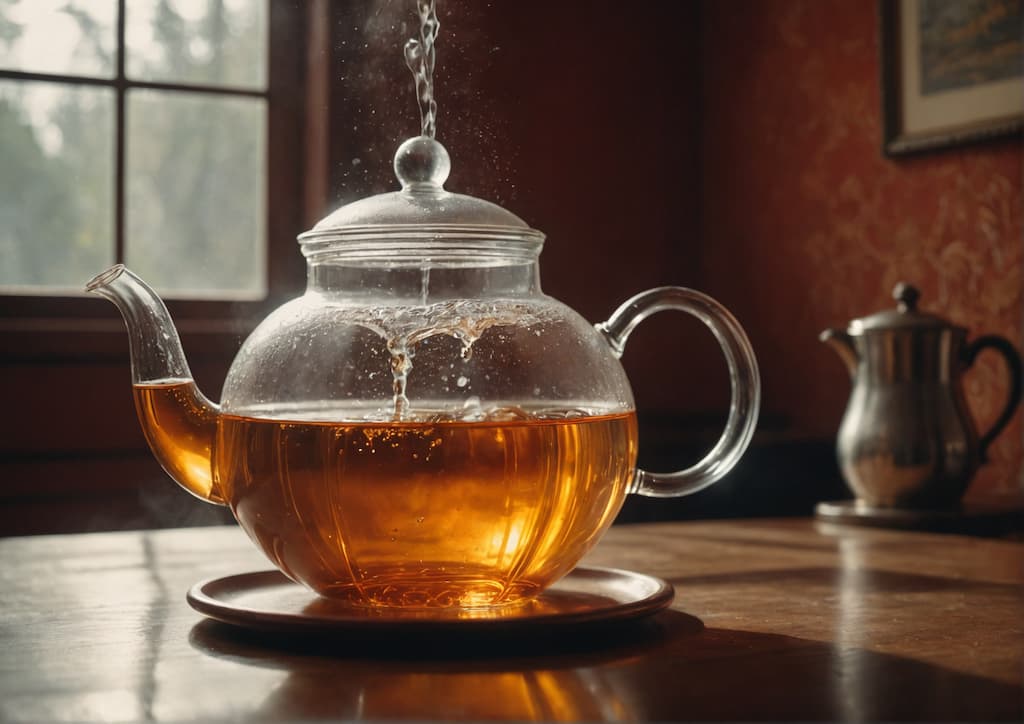Today, there is no doubt that humanity will fight a battle against microplastics. And a recent discovery by researchers at Jinan University in China offers a hopeful solution in the fight against microplastics. The study, published in the journal Environmental Science & Technology Lettersreveals a surprisingly simple method to counteract this form of pollution.

The fight against microplastics.
Let us not forget that microplastics have permeated even the most unexpected corners of our environment. Including the foods we consume, the organs of the human body and even the placenta. The research, led by Eddy Zeng, explored the effectiveness of boil tap water for five minutes to remove microplastics.
We recommend: Why do we consume so much bottled water?
Those tiny enemies of public health whose risks to our body, although not fully understood, are increasingly linked to serious conditions. Such as an increased chance of atherosclerosis which can result in heart attacks and strokes. The results that Zeng and his team achieved are encouraging, demonstrating a significant reduction of nano- and microplastics (NMP) in water. Going from an average concentration of 1 milligram per liter to levels below 80% after the boiling process.
The finding is not only relevant due to its demonstrated effectiveness, but also due to its accessibility. Boiling water is a habit already incorporated into the routines of millions of people around the world, especially in Asian countries such as China, Vietnam and Indonesia. This study confirms that, beyond a tradition, such a simple act could become an important healthy precaution.
Boiling water eliminates a large amount of microplastics.
According to the conclusions by Eddy Zeng, Those who boil water before consuming it can drastically reduce their NMP intake. Consumption of boiled water can result in up to five times less microplastic intake compared to tap water not treated with high temperatures. The implication of this finding is enormous, suggesting that such a simple action could play a crucial role in mitigating the impact of microplastics on human health.
The reduction of NMP in boiled water was attributed to the precipitation of calcifications formed from the calcium content of the water during boiling. A particularly effective process in “hard water”, that with higher levels of calcium. The evidence suggests a simple and feasible method not only for individuals concerned about their personal health, but also for communities and institutions in search of strategies to address microplastic pollution.
Although this method represents a significant advance, the researchers emphasize the importance of not taking it as a universal solution. The need to address the problem of microplastics at its source is still a critical issue. This involves improving drinking water treatment techniques to prevent initial contamination and exploring sustainable pathways to limit the release of these contaminants into the environment.




